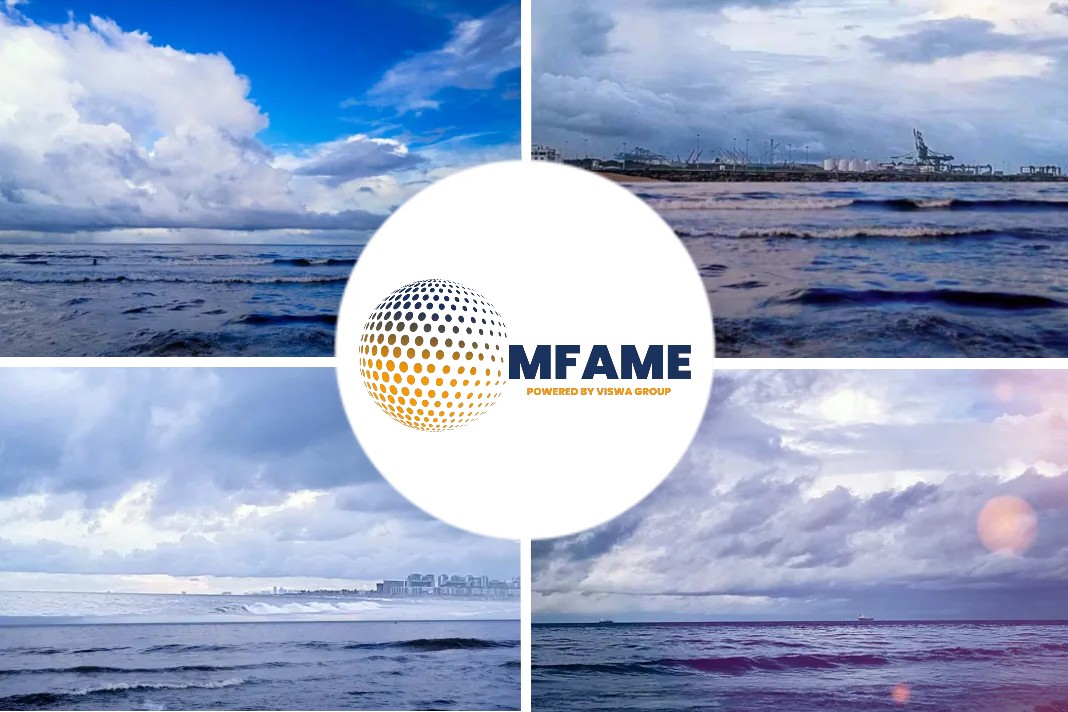- CLECAT has written to the European Commission calling it to urgently establish the degree of concentration, consolidation, coordination and cartelization.
- According to the association, this is the key message of a letter to Commissioner Margrethe Vestager in which the commission is urged to investigate under the EU competition rules.
- EC must investigate the skyrocketing rates which have led to the alliances’ forecast profits of over $200 billion during the Covid crisis.
CLECAT, the European association representing the interest of freight forwarders and logistics service providers, has written to the European Commission calling it to urgently establish the degree of concentration, consolidation, coordination and cartelization in the upstream container liner shipping services markers serving the EU, and the downstream markets for freight forwarding services, says an article published on offshore energy website.
Rising of container shipping costs
“European businesses continue to experience rising container shipping costs, a record low level of reliability and reduced choice of services. Massive freight rate hikes over the last 18 months have led to damaging inflation and increases in the Union’s costs of living as recently identified by the OECD.
“The profiteering of ocean shipping carriers resulting from their capacity management strategy allowed them to acquire the market power and financial war chest that they are now using to vertically integrate, increase rates and drive out independent freight forwarders in the downstream market.
“New discriminatory conduct towards freight forwarders, the key organiser of service delivery across all modes of transport in door-to-door operations, will ultimately disadvantage shippers and end-consumers because of restricted choice in services and higher rates”.
EC investigate the skyrocketing rates
According to the association, this is the key message of a letter to Commissioner Margrethe Vestager in which the commission is urged to investigate under the EU competition rules, and in the context of the Consortia Block Exemption Regulation (CBER) review, the marketplace effects of the combination of the block exemption (leading to alliances and consortia to shift capacities between trade lanes), vertical integration, consolidation, control of data and the resulting market dominance.
In particular, the EC must investigate the skyrocketing rates which have led to the alliances’ forecast profits of over $200 billion during the Covid crisis despite the absence of any increase in their costs or any reason that can be attributed to the pandemic, CLECAT claims.
The association warns that the combination of these factors has enabled the carriers to cherry-pick the highest-volume shippers for longer-term contracts and relegate the others to the spot market where they will pay multiples of the rates offered to the favoured few.
“Linked to this discriminatory strategy, freight forwarders are being ‘disintermediated’ in the process. In the meantime, the access to container capacity, carrier schedule performance and service reliability have further dropped“, CLECAT said.
It was also pointed out that exclusive control of supply chain data and data standards through agreements among the same carriers, presumed by them also to be protected by antitrust immunity, gives them even greater control over the market.
Nicolette van der Jagt, director-general of CLECAT, said: “The availability of these special privileges harms the relations between shipping lines and freight forwarders and their customers and takes away the trust which is so much needed at times of continuing congestion and disruptions.
“We regret that the Commission has so far ignored the important messages from many stakeholders who depend on a healthy maritime container logistics supply chain. CLECAT continues to call for new rules of the game, with more governance and oversight of carriers in accordance with normal competition rules so that carriers and forwarders can work together to provide the best possible service to shippers, without any one party having an unfair advantage, or trying to use such an advantage to drive the other out of business.”
Did you subscribe to our daily newsletter?
It’s Free! Click here to Subscribe!
Source: offshore energy



















